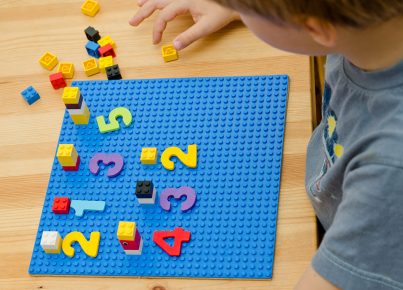The term “science of literacy learning” has gained traction as a universal concept embraced by educators and researchers alike. Many have come to believe that there is a fixed, proven methodology for teaching literacy and language skills. However, this notion falls short by oversimplifying the complexity of literacy development and discounting the diversity of learners and their educators.
Firstly, let’s consider what the so-called science of literacy learning would entail. Like other scientific fields, it would involve theorizing, testing hypotheses, replicating results, and gradually refining our understanding through rigorous processes. While educational research contains these elements, it fails to reach the level of consensus found in traditional science. Researchers often advocate for different approaches based on conflicting theories or evidence.
Furthermore, the notion of an all-encompassing science of literacy learning ignores individual differences, both among the educators who teach and the learners who acquire literacy skills. Educators bring their own unique experiences, perspectives, and strengths to their classrooms; likewise, students come from diverse backgrounds and possess varying cognitive abilities and learning needs.
Maintaining that there is one proven method for literacy instruction disregards the importance of flexible teaching strategies that accommodate these various factors. In reality, good teaching practice requires continuous adaptation and reflection by educators. They need to observe how their students respond to different methods and modify their instruction accordingly.
Moreover, asserting that the science of literacy learning is a single entity does not account for cultural diversity in language practices or acknowledge that language evolves over time. Cultures around the world approach reading, writing, and oral communication differently; assuming that a single approach works universally would be both ignorant and detrimental.
Another critical issue is that focusing on literacy alone does not address other important aspects in education, such as emotional intelligence or social skills development. Claiming one scientifically proven way for literacy learning may inadvertently emphasize an imbalance in curriculums, neglecting these other important dimensions of personal growth.
Instead of clinging to the idea that there exists a definitive “science of literacy learning,” we should instead embrace the multifaceted nature of teaching and learning, acknowledging that no one-size-fits-all approach will work in every context. As educators and researchers, we need to respect individual differences, cultural diversity, and the ever-changing landscape of language.
In conclusion, asserting that there is a definitive science of literacy learning is both misleading and problematic. Language acquisition and literacy development are complex processes that require attention to diverse factors and learner needs. Let’s stop saying “the science of literacy learning” and strive to understand the intricacies surrounding teaching literacy in different contexts. Embracing this truth can lead us toward more effective instruction and better educational experiences for all.





